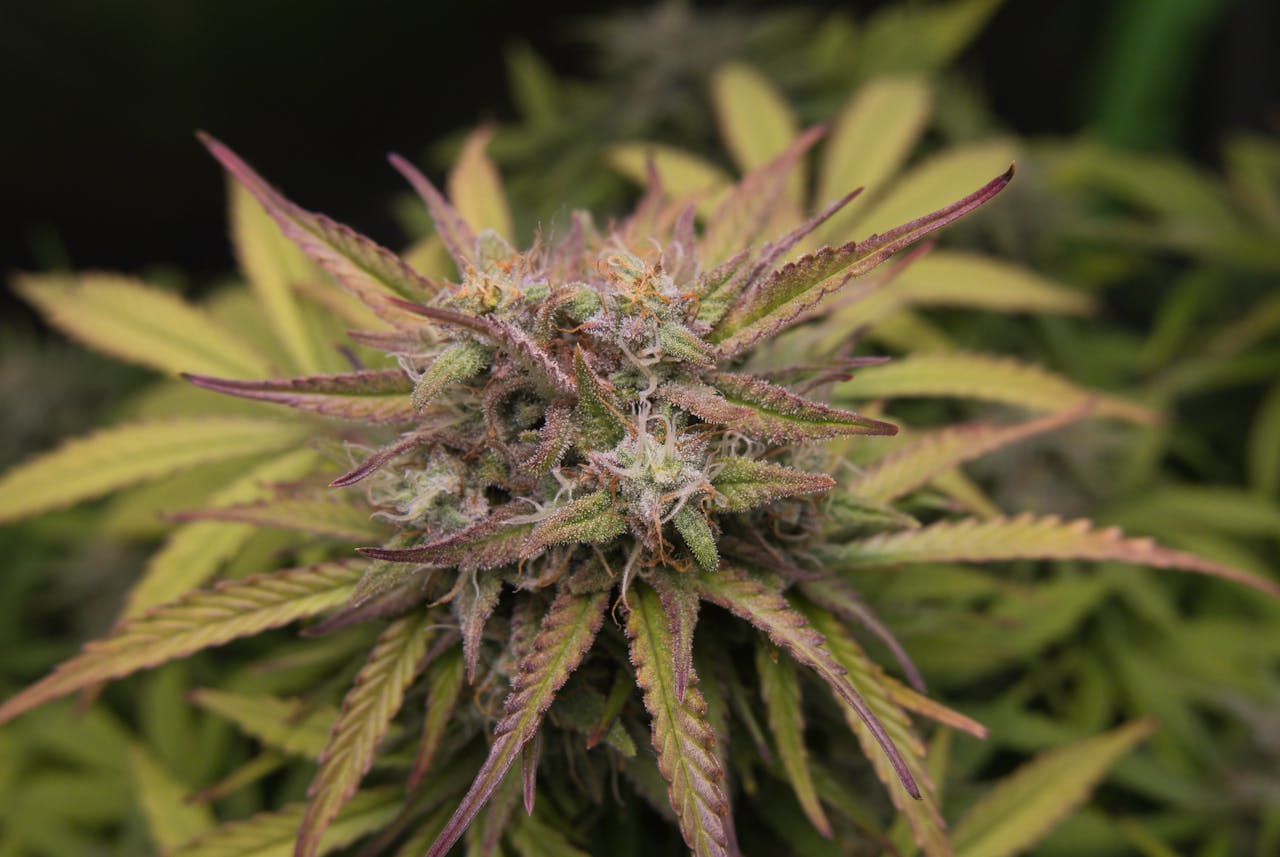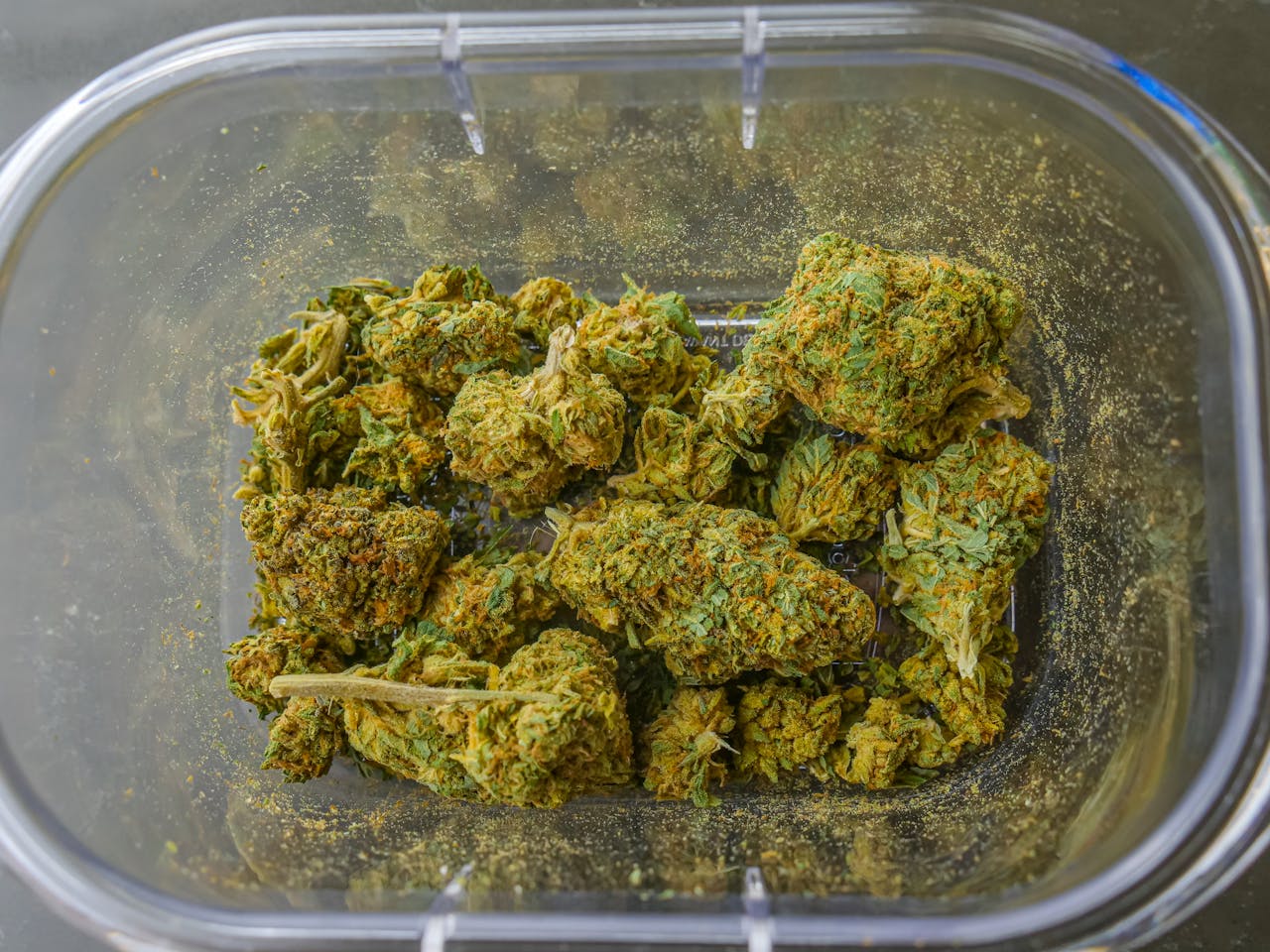The cannabis industry continues to evolve rapidly, with new research and developments enhancing our understanding of various cannabinoids. One such cannabinoid that has garnered significant attention is tetrahydrocannabinolic acid (THCA). As we step into 2024, it’s essential to grasp the benefits of THCA and its potential impact on health and wellness.
What is THCA?
THCA is a non-psychoactive cannabinoid found in raw and live cannabis. Unlike THC, which is well-known for its psychoactive properties, THCA does not produce a “high.” This characteristic makes THCA an appealing option for those seeking the therapeutic benefits of cannabis without the mind-altering effects.
Health Benefits of THCA
Anti-Inflammatory Properties:
THCA has shown promise in reducing inflammation, which is crucial for managing conditions such as arthritis and autoimmune diseases. Its anti-inflammatory effects help alleviate pain and improve the quality of life for individuals with chronic inflammatory conditions.
Neuroprotective Effects:
Emerging research suggests that THCA may have neuroprotective properties, which could be beneficial for neurodegenerative diseases like Parkinson’s and Alzheimer’s. By protecting nerve cells from damage, THCA could potentially slow the progression of these debilitating conditions.
Antiemetic Properties:
THCA is effective in reducing nausea and vomiting, making it a valuable option for patients undergoing chemotherapy or those with severe gastrointestinal issues. Its antiemetic properties can significantly improve the comfort and well-being of these patients.
Antiproliferative Effects:
Studies have indicated that THCA may inhibit the growth of cancer cells. While more research is needed, this potential makes THCA a compound of interest in oncology, offering hope for new cancer treatment options.
THCA in the Wellness Industry
The wellness industry has increasingly embraced THCA for its health benefits. In 2024, we see THCA being incorporated into various wellness products, from dietary supplements to skincare items. Its non-psychoactive nature makes it suitable for a broader audience, including those who may be hesitant to try traditional cannabis products.
How to Use THCA
Juicing Raw Cannabis:
One of the simplest ways to consume THCA is by juicing raw cannabis leaves and buds. This method preserves the THCA content and allows individuals to enjoy its benefits without the psychoactive effects of THC.
THCA Tinctures:
Tinctures are another popular method for consuming THCA. They offer a convenient way to incorporate THCA into your daily routine and can be easily added to food or beverages.
THCA Topicals:
For localized relief, THCA-infused topicals like creams and balms are effective. These products can be applied directly to the skin to target specific areas of pain or inflammation.
The Future of THCA
As research continues to unveil the therapeutic potential of THCA, we can expect to see more products and applications emerging in the market. The cannabis industry in 2024 is likely to witness an increased focus on non-psychoactive cannabinoids like THCA, catering to consumers looking for health benefits without the high.
Mastering the first impression of THCA involves understanding its numerous health benefits and its role in modern wellness. As we advance through 2024, THCA stands out as a promising compound in the cannabis industry, offering a range of therapeutic effects that cater to a diverse audience. Whether you’re a consumer, healthcare professional, or industry stakeholder, staying informed about THCA is essential for making the most of its potential.


